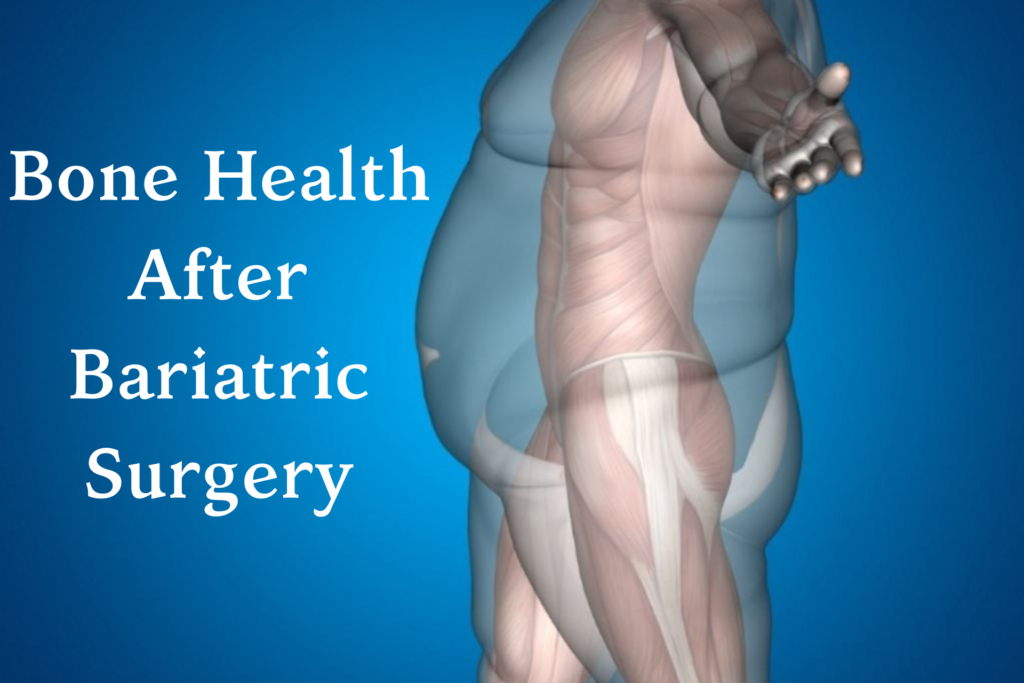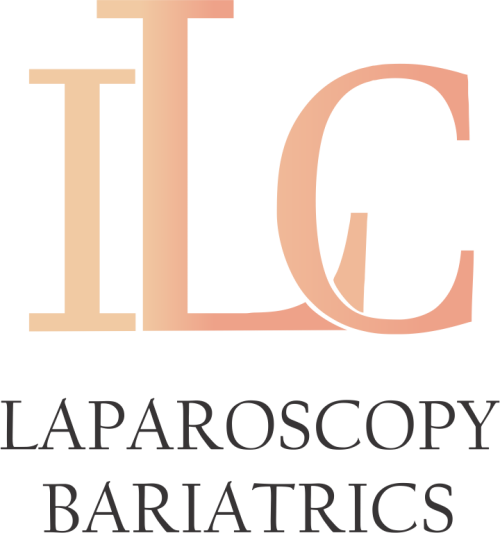Strengthen Joints and Relieve Pain with Weight Loss
Excess body weight and obesity put constant pressure on the joints, making them weak, painful, and less mobile. Over time, this discomfort limits daily activities and worsens obesity itself. Research has also linked obesity to imbalances in calcium, vitamin D, and parathyroid hormone levels, further impacting bone and joint health.
Losing weight plays a vital role in strengthening joints, relieving pain, and lowering the risk of fractures, especially in the hip joint. It also reduces the chances of requiring a joint replacement surgery. Bariatric Surgery offers obese individuals a proven way to achieve sustainable weight loss and improve overall quality of life.
Preoperative Nutrition and Lifelong Care After Bariatric Surgery
While Bariatric Surgery provides undeniable health benefits, it requires thorough preoperative nutritional assessment and a lifelong commitment to follow-up care. Patients must focus on maintaining weight loss and adhering to aftercare guidelines to avoid complications.
Nutritional Risks:
Gastric sleeve surgery generally carries a lower risk of vitamin deficiencies compared to Gastric Bypass Surgery.Vitamin D and Hormones:
Every patient preparing for bariatric surgery should be checked for vitamin D deficiency and hyperparathyroidism.Bone Health Monitoring:
A DEXA scan isn’t recommended for all obese patients, but bariatric surgeons may suggest it based on individual risk factors—especially for postmenopausal women, women over 65, and men and women over 70.
Although research doesn’t clearly confirm a higher prevalence of osteoporosis or fracture risk after bariatric surgery, patients can develop calcium and vitamin D deficiencies due to reduced dietary intake and lower absorption in the intestine.
Essential Calcium and Vitamin D Tips Post-Surgery
To maintain strong bones and avoid deficiencies, bariatric surgery patients must focus on calcium and vitamin D intake. Dr. Achal Agrawal, a leading bariatric surgeon in Indore, always emphasizes including natural or fortified food sources rich in these nutrients.
Good sources of calcium include:
Milk and dairy products
Salmon and other fatty fish
Green leafy vegetables
Ragi (finger millet)
Kidney beans
Almonds
Long-Term Monitoring for Bone Health
Staying in touch with your Bariatric Surgeon and dietitian is essential for annual monitoring of bone density and correcting deficiencies on time. Regular follow-up ensures that risks are managed effectively and bone health remains strong in the years following Bariatric Surgery.






